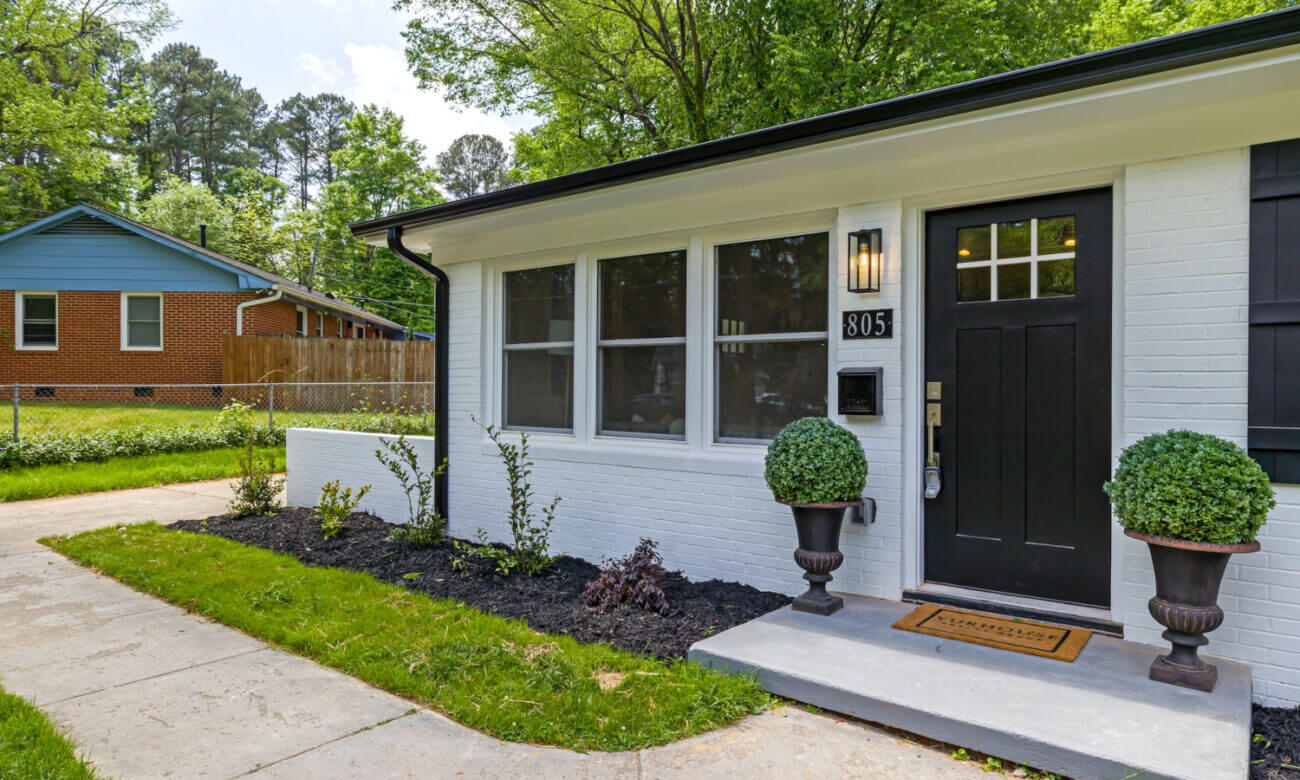“Before you buy a second home, you want to figure out what you’re trying to achieve—your goals and objectives,” says D’Arcy Henneberry, president of online mortgage brokerage MortgagePal.
Each lender has its own mortgage qualifying criteria, including how they look at your income and debt obligations, he says, so your first step should be speaking to a mortgage broker or financial advisor about your needs and financial situation.
That said, when it comes to affording a second home, here are the general rules and requirements to keep in mind.
Can I afford to buy a second home?
Before you decide to buy a second home, there are several things to consider. Note that a second home is one that you or a relative will occupy; the rules can differ for rental or investment properties that you will not occupy.
Your income and budget
“It’s important that you’re able to budget appropriately for the cost of the home. It needs to make sense,” says Henneberry. “You need to understand the costs associated with the second home, and if it fits within your budget, based on your income.”
Having a steady income (from, say, a full-time job) can help with getting approved for a mortgage, but it isn’t always necessary, Henneberry says.
Individuals who are self-employed or on contract can be eligible for second-home mortgage financing, as long as they have “confirmable income,” for example, from pay stubs or a notice of assessment from the Canada Revenue Agency. For individuals whose income fluctuates, some lenders will use their average income from the last two years. What matters is having proof of enough income to cover mortgage carrying costs.
“Affording a mortgage doesn’t mean you qualify for a mortgage. And qualifying for a mortgage doesn’t mean you can afford a mortgage,” says Henneberry. “We have a number of clients who are multi-million-dollar net-worth clients who don’t qualify for a mortgage, because they don’t have any cash flow that’s usable from an income perspective for mortgage financing.”


